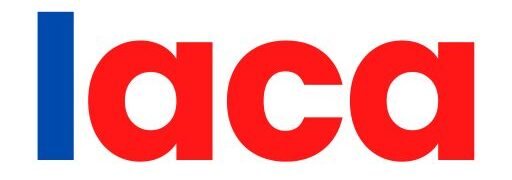The program known as Housing Benefit provides financial help to somewhat low-income persons, pensioners, and people in supported housing in the United Kingdom so that they may pay rent. While Universal Credit has almost entirely replaced Housing Benefit for new working-age claimants, a few groups still can benefit from it. The remuneration and the eligibility conditions will be modified in April 2025. The whole description of the changes is provided in the article.
An Overview of Housing Benefit
Housing Benefit helps people eligible to pay their rent. It is applicable for council housing tenants, housing association tenants, and, under specific conditions, private renters. Since the introduction of Universal Credit, Housing Benefit is granted to pensioners, people living in supported, sheltered, or temporary housing, and recipients of certain legacy benefits.
Eligibility Criteria as from April 2025
In order to qualify for Housing Benefit as from April 2025, applicants must fulfill several conditions. They must be of State Pension age or be living in supported housing. They must be on a low income, and their savings must be below £16,000, unless they are also entitled to Pension Credit. This is the applicant who is liable to pay rent to a council, housing association or private landlord. They must also not be claiming Universal Credit unless under legacy benefits rules.
April 2025 Changes to Amounts
The amount of Housing Benefit that a person will receive is dependent on a number of factors, including the amount of rent being paid, local housing allowance (LHA) rates, household means of income, and size. The amounts in Housing Benefit will be raised 1.7% in April 2025, as in accordance with the CPI inflation rate as of September 2024.
The Personal Allowance:
Increased from £71.70 to £72.90 weekly for a single person under 25.
Increased from £90.50 to £92.05 weekly for a single person aged 25 or older.
Increased from £71.70 to £72.90 weekly for a lone parent under age 18.
Increased from £90.50 to £92.05 weekly for a lone parent aged 18 or older.
Increased from £108.30 to £110.15 weekly for a couple both under age 18.
Increased from £142.25 to £144.65 a week for a couple where one or both are aged 18 or older.
The premiums:
- Family premium increased from £19.15 to £19.48 a week.
- Disability premiums for a single person increased from £42.50 to £43.20 a week.
- Couples’ disability premiums increased from £60.60 to £61.65 a week.
- Enhanced disability premiums for a single person increased from £20.85 to £21.20 a week.
- Severe disability premiums for a single person increased from £81.50 to £82.90 a week.
- Carer premiums increased from £45.60 to £46.40 a week.
- This is paid on a weekly basis.
Local Housing Allowance Rates in Brief
The rates of LHA determine the amount of benefit a private renter may receive as Housing Benefit. The rates are location-specific and reviewed every year. In April 2025, LHA rates will be frozen. Not all of the rent may be covered by the benefit in areas that impose higher rent levels.
Application Steps
To apply for Housing Benefit, applicants may first ascertain their eligibility through the relevant government website or by contacting their local council. Next, they will need to assemble the pertinent documents showing rent, income, identity, National Insurance number, and savings if applicable.
Applications may be made through the council’s own website, in person, or via post. Processing times are usually between two and six weeks. If found eligible, the claimant or the landlord may receive direct payments.
Changes Recently Made and Expected Changes
There will be a cessation of all Tax Credit payments by April 2025. Claimants will transition to Universal Credit. The government also suggested overall reforms of disability benefits, which may include cuts to PIP, affecting an individual’s overall entitlement to benefits.
Other Ways of Getting Help
If Housing Benefit falls short of rent, there are avenues to apply for additional support. Local councils offer discretionary housing payments for rent deficits. Council Tax Support helps reduce council tax for households with low incomes. Universal Credit, for persons not on Housing Benefit, may contribute to paying housing costs.
Summary
Increasingly from April 2025, Housing Benefit will receive only nominal increases in line with inflation. It is vital both to have an understanding of eligibility and the application procedure for those requiring financial support. Staying alert to reforms in benefits as well as the other support available is also paramount in the management of individual housing costs.




